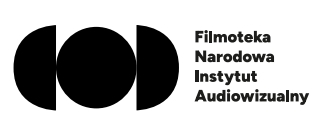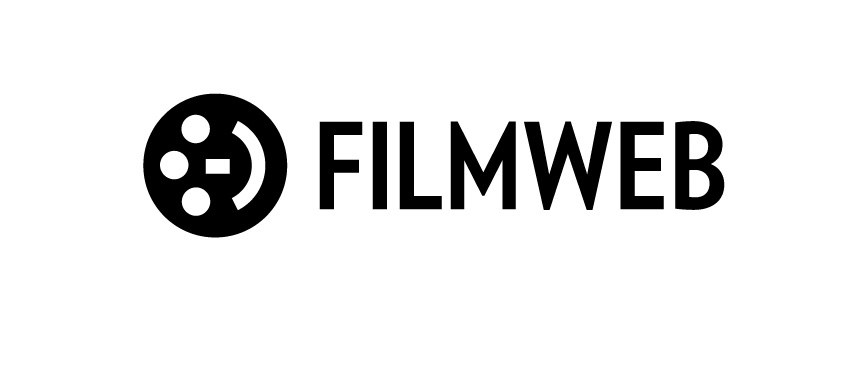Czołówka
- Tytuł oryg.:
- Mirror
- Rodzaj:
- Film fabularny
- Kraj produkcji:
- Iran
- Rok produkcji:
- 1997
- Reżyseria:
- Jafar Panahai
- Montaż:
- Jafar Panahi
- Operator:
- Farzad Jadat
- Czas trwania:
- 75 min.
Opis filmu
Druga (po „Białym baloniku”) część trylogii Panahiego o Iranie lat 90. to film niezwykły i trudno poddający się klasyfikacji. Jego innowacyjną formę docenili jurorzy festiwalu w Locarno, gdzie „Lustro” zdobyło w 1997 roku Złotego Leoparda. Główną bohaterką filmu jest siedmiolatka, przemierzająca zatłoczone ulice Teheranu w drodze ze szkoły do domu.
Mimo quasi-dokumentalnego stylu, typowa dla Panahiego dbałość o wizualną stronę filmu nie pozwala zapomnieć o tym, że mamy do czynienia z fabułą. W pewnym momencie następuje jednak niespodziewany zwrot – zarówno w warstwie formalnej, jak i treściowej: siedmioletnia Mina oświadcza, że ma już dość występowania w filmie i zamierza – teraz już naprawdę – wrócić do domu. Od tej pory oglądamy jakby zupełnie inny film: zdezorientowana ekipa próbuje nadążyć za dziewczynką, która spiesznie oddala się w nieprzewidzianym w scenariuszu kierunku. Ale czy na pewno? Co tak naprawdę oglądamy? I czemu właściwie mielibyśmy się tym przejmować? Wytrącając widza z rytmu, Panahi stawia serię istotnych pytań dotyczących nie tylko istoty kina, ale także naszej percepcji rzeczywistości, której nie sposób uchwycić, bo nieustannie stwarza się na nowo.
Szczegóły
The second part (following The White Balloon) of Jafar Panahi's trilogy about Iran in the 1990s, this is an unusual film that eludes classification. The Mirror's innovative form garnered praise from the jury in Locarno, where it won the Golden Leopard in 1997. The hero of the film is a seven-year-old girl, traversing the crowded streets of Tehran on her way home from school. Despite its quasi-documentary style, Panahi's typical attention to the visual aspect of the film keeps reminding us that we are dealing with fiction. Suddenly, however, the film takes an unexpected turn, both in form and in substance: seven-year-old Mina declares that she is fed up with acting in the film and intends–this time for real–to go home. From this moment, it's like we're watching a completely different film: the bewildered crew try to keep up with the girl, as she quickly distances herself in an unexpected direction away from the script. But is that really the case? What are we actually watching? And why should we really care? In knocking the audience out of rhythm, Panahi poses a series of important questions, not only about the essence of cinema but also about our perception of reality, which is impossible to grasp since it is constantly being recreated anew.
Oceń film










